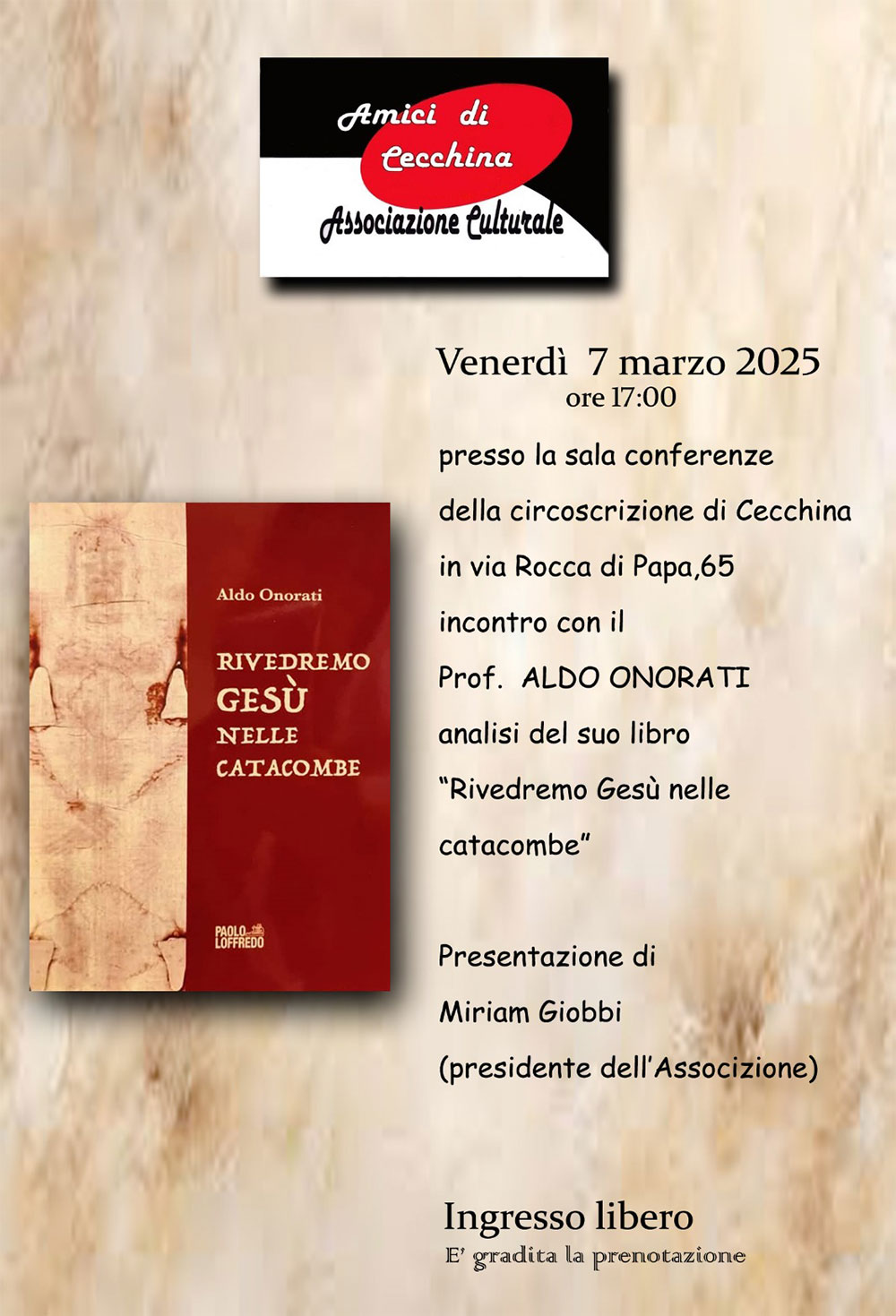 Paolo Loffredo, sixth generation of a large family of publishers and booksellers engaged in the production and distribution of books since the late nineteenth century, creates in 2012 the new editorial company Paolo Loffredo Editore. The historical site was until the '80s in the heart of the historic centre of Naples in Via San Biagio dei Librai, lower Decumano and also known as the SpaccaNapoli.
Paolo Loffredo, sixth generation of a large family of publishers and booksellers engaged in the production and distribution of books since the late nineteenth century, creates in 2012 the new editorial company Paolo Loffredo Editore. The historical site was until the '80s in the heart of the historic centre of Naples in Via San Biagio dei Librai, lower Decumano and also known as the SpaccaNapoli.
At the beginning of the twentieth century, Giuseppe Loffredo decided to add book selling to the book production, which definitively imposed itself after World War II with the publication of manuals for the University and for the School that succeeded in establishing themselves soon throughout Italy.
LAST EVENT
"Rivedremo Gesù nelle catacombe"
07 Marzo 2025 - Sala Conferenze circoscrizione di Cecchina - via Rocca di Papa 65, Albano Laziale (RM) - ore 17,00

Noi, gli altri, il mondo
ISSN:
Language: Italian
Publisher: Paolo Loffredo Iniziative Editoriali Srl

Description
Noi, gli altri, il mondo
The lack of a balanced social contract, following the great transformations produced by globalization, as well as producing crises in every institutional apparatus, falls on the daily life of citizens who have been orphaned by so many certainties that modern society had guaranteed them from birth. The negative effects are recorded in the educational, political, economic, legal systems. The terms freedom, rationality, justice, well-being, equality, difference and diversity, tolerance and solidarity, with which modernity has been distinguished, have never been significantly identified in a universal way, but in the particular forms assumed in different social contexts; therefore they indicate the function and reflection that society has of itself in its many differences. In the book it is considered important to verify their meaning in the time of modern society: the concepts of freedom, equality, solidarity, which have exerted a significant formal influence in society since the eighteenth century, participating in the strong socio-cultural and political-economic transformation , what significance have they taken in the different phases of capitalist development and in what way are they still present in contemporary culture?



